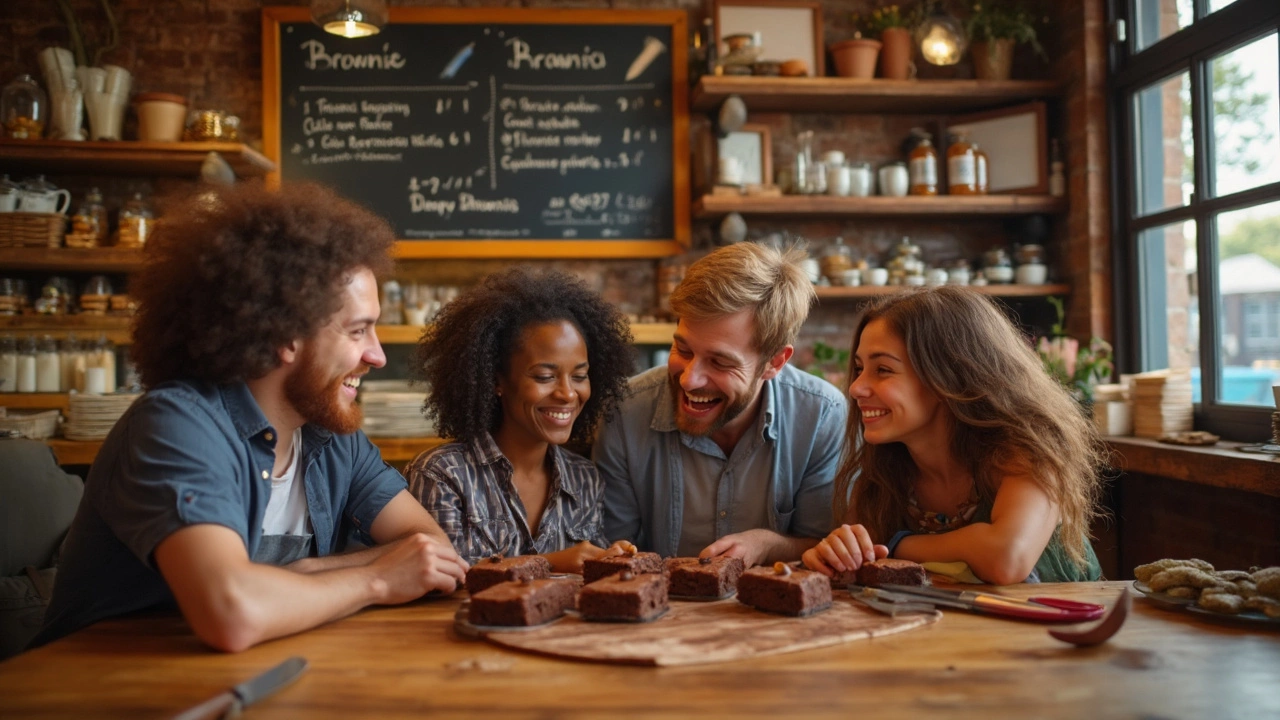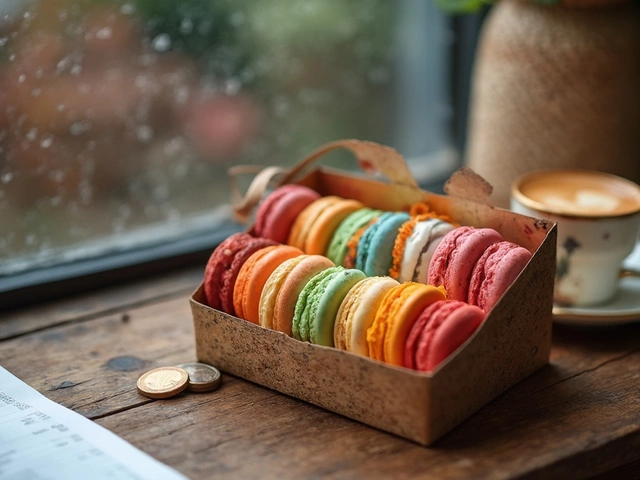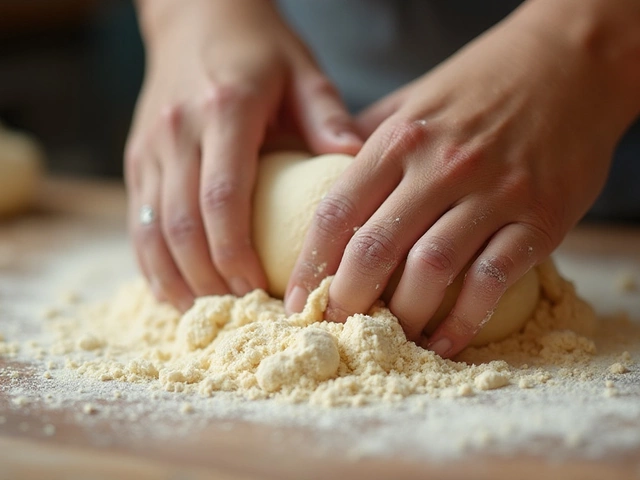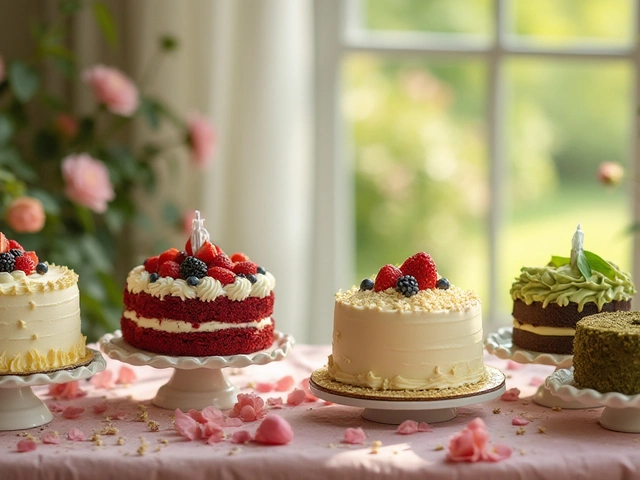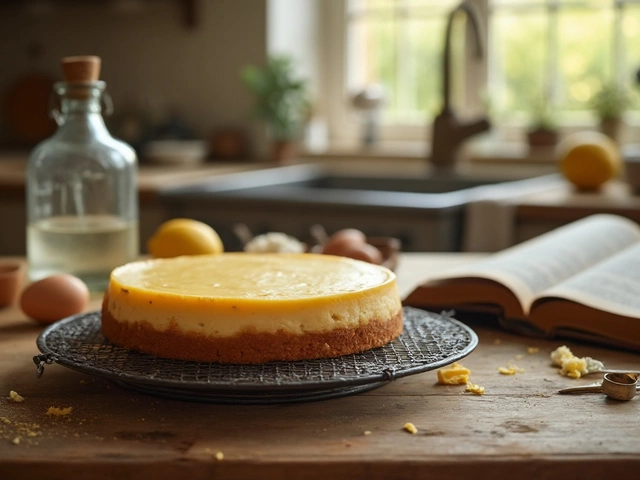Spanish Language Guide for Baking Lovers
If you love baking and want to chat about it in Spanish, you’re in the right spot. Knowing a few key words makes ordering a cake, sharing a recipe, or just bragging about your brownies a lot easier. Below you’ll find the most useful terms, plus simple ways to toss them into everyday conversation.
Everyday Baking Words
Here’s a quick cheat‑sheet of the basics. Keep it handy next to your mixing bowl.
- Harina – flour
- Azúcar – sugar (white) / Azúcar morena – brown sugar
- Mantequilla – butter
- Huevos – eggs
- Levadura – yeast
- Polvo de hornear – baking powder
- Cacao – cocoa
- Vainilla – vanilla
- Chocolate – chocolate
- Brownies – brownies (same word, but you’ll hear it a lot)
- Ganache – ganache
- Glaseado – frosting / icing
- Molde – pan or mold
- Temperatura – temperature
- Tiempo de cocción – baking time
How to Use These Words in Conversation
Practice makes perfect, so try these short sentences the next time you’re in a kitchen or a café.
• "Quiero mezclar la harina con el azúcar." – I want to mix the flour with the sugar.
• "¿Cuántos minutos a 180°C para los brownies?" – How many minutes at 180°C for the brownies?
• "Necesito mantequilla sin sal para la masa." – I need unsalted butter for the dough.
• "El glaseado de chocolate está listo, pero el ganache necesita enfriar." – The chocolate icing is ready, but the ganache needs to cool.
These phrases let you ask for help, share tips, or read a recipe without getting lost. If you hear a word you don’t know, just ask, "¿Qué significa …?" and you’ll learn fast.
When you’re scrolling through a recipe blog, you’ll see the same terms over and over. Spotting them helps you skim faster and focus on the steps that matter. For example, a post titled "Brownies: Should They Be Fudgy or Cakey?" will likely mention fudgy ("fudgy" stays the same) and cakelike (tipo pastel).
Don’t worry about perfect grammar at first. The goal is to get your point across and understand the basics. Use a language app or a quick Google translate if you’re stuck on a longer sentence.
Finally, try labeling your pantry items in Spanish. A sticky note on the sugar jar that says "Azúcar" becomes a visual reminder each time you bake. Over time you’ll start thinking in both languages and feel more confident discussing anything from cupcakes to macaron towers.
So grab a whisk, sprinkle some Spanish on your next batch, and watch how easy it becomes to talk about desserts like a native speaker.
